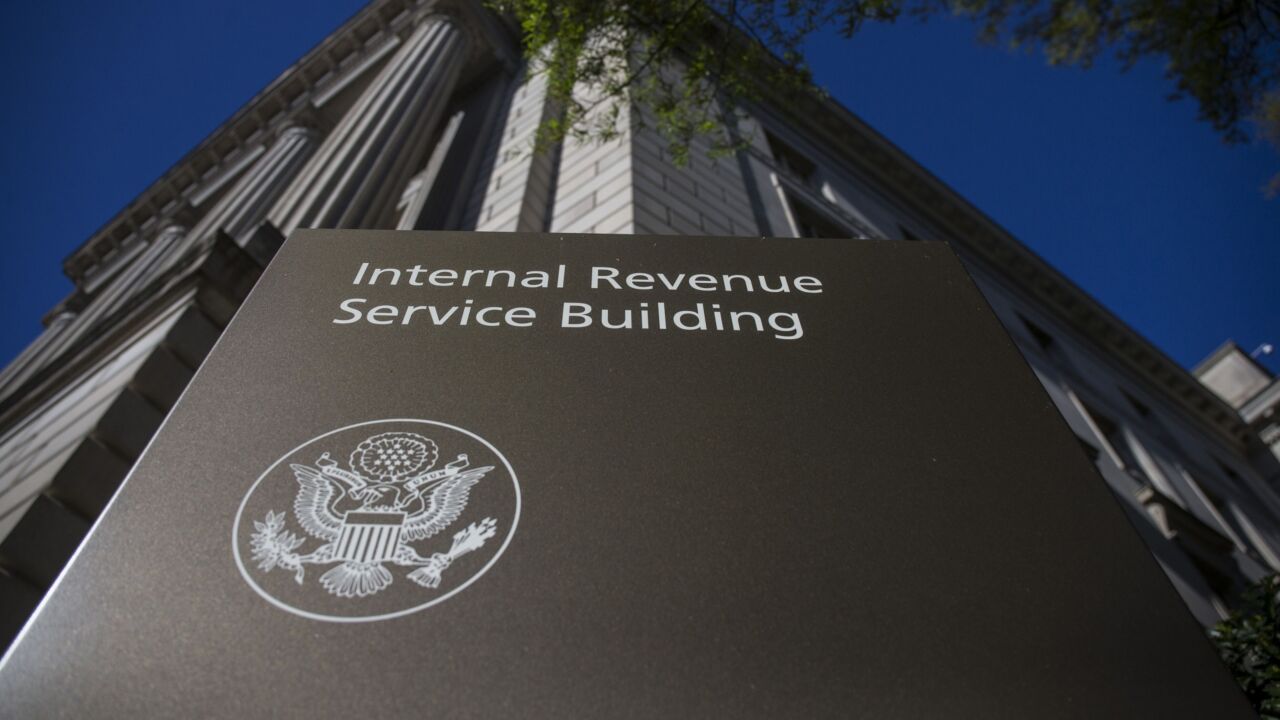WASHINGTON — The 2008 financial crisis was political from the beginning.
As the crisis unfolded in the closing months of the 2008 presidential election, uncertainty about the economy boosted then-Sen. Barack Obama's campaign to victory in November and gave rising superstars like Sen. Elizabeth Warren (D-Mass.) a national platform for the first time.
Nearly 15 years later, banking and financial policy issues don't pack the same punch that they used to. Few, if any, candidates bring up their role in the financial crisis, or their viewpoints on how banks should be overseen, on the campaign trail. Instead, the 2022 midterm elections will be decided between feelings on women's reproductive rights and on sentiment about the economy, experts say.
"From a banking perspective, that's not a bad thing," said James Ballentine, co-founder and CEO of Ballentine Strategies and former top lobbyist for the American Bankers Association, which runs the industry's largest political action committee. "That's good for the industry, that they're not in the headlines."

That doesn't mean, however, that political storm brewed by the 2008 financial crisis is gone.
Populist sentiment about the economy — particularly as voters face high prices at the gas pump and on grocery store shelves — is a more important issue than ever. Housing prices and the increasing unaffordability for first time homebuyers — who make up a powerful voting bloc of young and diverse people in their voting prime — will also continue to color the rhetoric of this and future elections.
The changing political tide for banks
The most obvious sign of this shift is how companies and their trade groups donate to political elections. Overall, the banking industry has curbed political spending, according to data compiled by the Center for Responsive Politics.
Compared to previous years, banks are also spending a higher share of their political spend on Democrats, rather than Republicans. That's a big change from post-2008 spending, which skewed heavily Republican as Democrats sought to impose stricter requirements on the industry.
That change is a signal that banks are increasingly worried about Republican complaints about "woke capitalism," and fears that a Republican-led Congress could seek to influence banks' involvement in the profitable ESG sector.
"If we think about that as one of the overarching themes of Republicans, if they control one or both chambers of Congress, you can see that there will be a fair amount of focus on that in the banking space, which was on display during the most recent CEO hearing," said Isaac Boltansky, director of policy research and Compass Point Research.
A new villain
Conservatives and progressives have also found a new common enemy to whip up votes on the campaign trail: private equity and investment firms. While investment giants like George Soros have always spent a good deal on elections, political spending on federal midterm elections has increased steadily over the years. And the campaign rhetoric in this election is increasingly focused on investment firms and the housing market.
Housing is a perennial political issue. It's often voters' largest investment, and it cuts deeply at everyday lifestyle issues, as well as directly impacting consumers' pocketbooks. Democrats like Sen. Sherrod Brown of Ohio, chairman of the Senate Banking Committee, have long emphasized housing affordability issues, discussing the difficulties for first-time homebuyers — particularly people of color — to break into the housing market.
Recently, that's taken the tone of targeting investment firms that act as corporate landlords.

"They bought up properties, they raised rents, they cut services, they priced out family home buyers, and they forced renters out of their homes," Brown
Conservatives, particularly populists that have gained the backing of former President Donald Trump, have also picked up the rallying cry. Wall Street firms, they argue, are buying up record numbers of single-family homes to rent out, driving up prices and blocking out would-be middle-class buyers.
J.D. Vance, a Senatorial candidate in Ohio who wrote the controversial "Hillbilly Elegy," said in a tweet that a Wall Street firm is "pursuing an investment strategy that will make it harder for young Americans to own homes." He named the firm as "BlackRock," but it was Blackstone that paid $6 billion to buy a company called Home Partners of America Inc., which buys and rents out single-family homes.
BlackRock, for its part, is taking heat from Republicans along the "woke capitalism" thread. Louisiana
While it hasn't come home to roost in Washington-based policymaking yet, experts say it's clear that investment firms like BlackRock and Blackstone are taking the lion's share of populist anger toward the financial services industry this election.
"They seem to be higher profile than any other services company right now," said Ian Katz, an analyst with Capital Alpha Partners.





